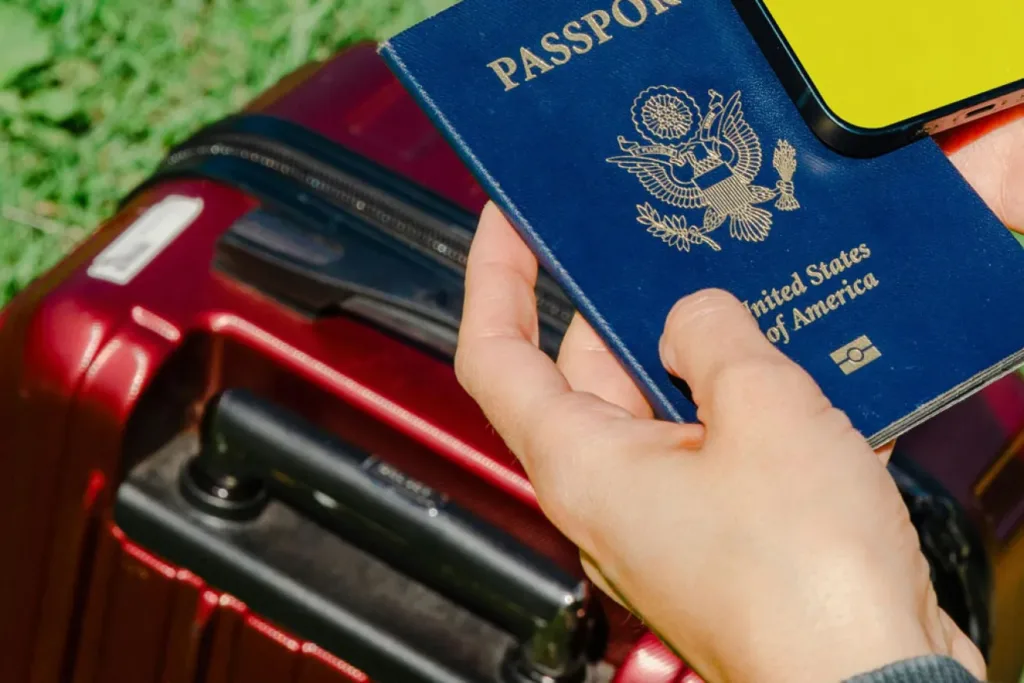In a dramatic shift in global mobility, the US passport ranking has fallen out of the top 10 for the first time in decades. According to the latest Henley Passport Index, the passport now ranks 12th, tied with Malaysia, and offers visa-free or visa-on-arrival access to 180 destinations. This decline is especially striking considering that the U.S. once held the top spot in 2014.
Multiple countries, including Brazil, Papua New Guinea, Myanmar, and Vietnam — have altered their visa policies or excluded U.S. travellers from expansions. Coupled with that, policy shifts and diplomatic trends suggest a growing disconnect between American travel freedom and that of other nations. In response, more U.S. citizens are exploring dual nationality and investment migration to preserve global mobility.
Some people might be surprised to see the U.S. missing from the top 10 list entirely. When all tied rankings are considered, the 10 most powerful positions actually cover 34 different passports, putting the United States roughly 37th in practical global mobility.
In this article, we dig into the causes, implications, and trends behind this decline in the US passport ranking.
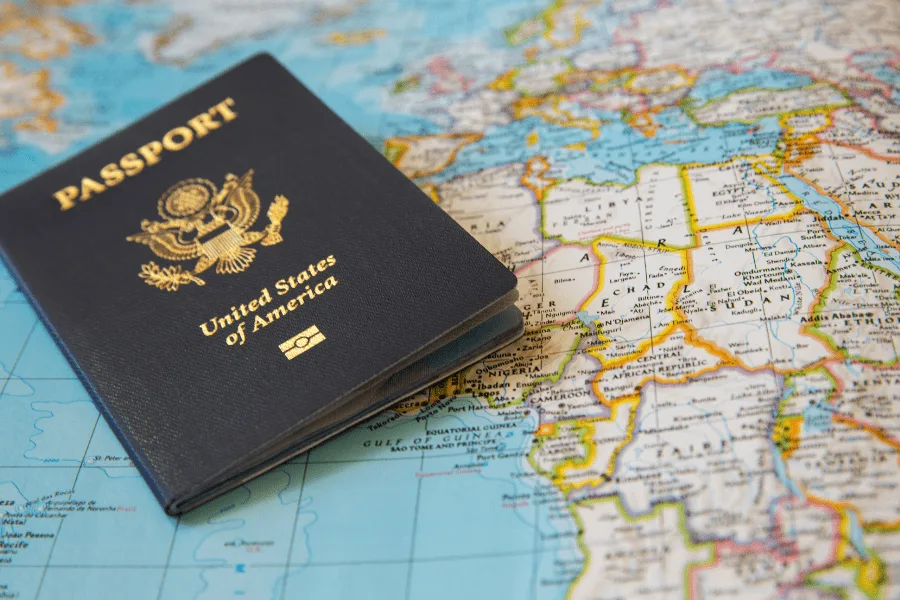
Causes Behind the Decline
1. Visa Policy Reversals & Exclusions
- The U.S. lost visa-free access to Brazil in April, a significant blow for American mobility.
- Vietnam’s updated visa-free policies excluded U.S. nationals, despite opening access to many other nationalities.
- Countries like Papua New Guinea and Myanmar introduced new restrictions that further limited U.S. entry.
In reality, it only takes a few policy shifts by key countries to trigger major ranking changes. The U.S. recently lost visa-free access to Brazil after the South American nation reinstated visa requirements for Americans in April. This was based on reciprocity, as the United States has long required Brazilian travelers to apply for visas.
Similarly, Vietnam’s expanded visa-free entry list now includes many European Union nations but excludes the United States. The same pattern has emerged with Papua New Guinea and Myanmar, both of which tightened entry for American citizens.
Given these developments, analysts say the U.S. passport may stay off the top 10 list long term, as reciprocity principles continue to shape global travel requirements. The United States is known for maintaining strict entry rules, and that lack of openness is now being reciprocated by other countries.
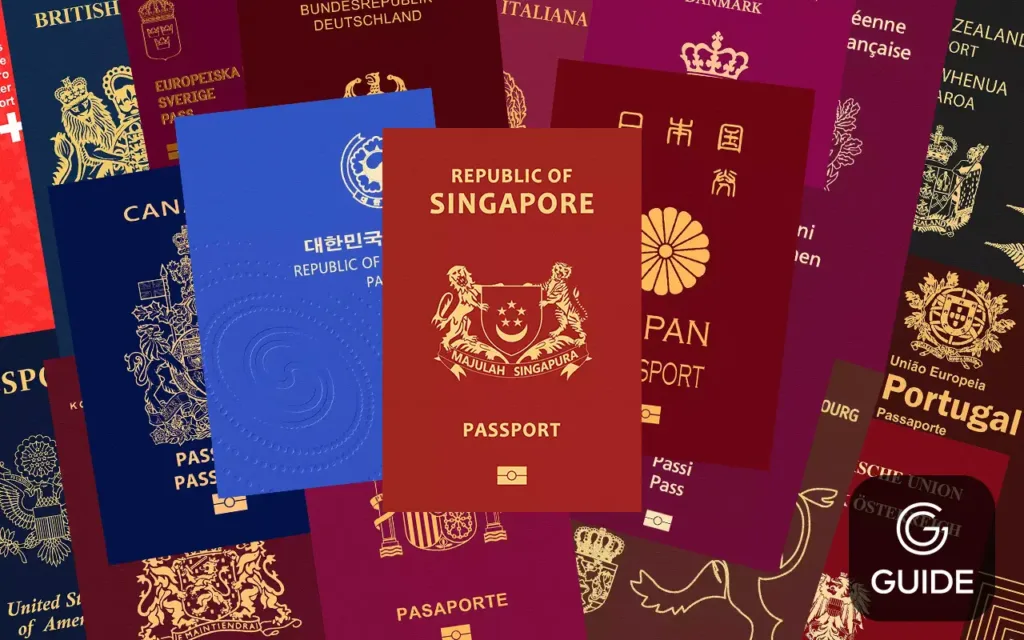
2. Asia’s Ascent in Travel Freedom
- Countries such as Singapore (193 destinations), South Korea (190), and Japan (189) now dominate the top of the index.
- Visa liberalizations across Asia have bolstered connectivity and soft power.
- China climbed from 94th in 2015 to 64th in 2025 in the index, adding 37 new visa-free agreements.
3. Diplomatic & Reciprocity Constraints
- U.S. foreign policy trends suggest a more inward posture, reducing reciprocal visa liberalization offers.
- The Henley Openness Index, which measures how open a country is to inbound travelers, ranks the U.S. very low (77th), reflecting the disparity in access the U.S. grants relative to what it receives.
Experts say this “openness gap” highlights how American diplomacy has become increasingly inward-looking. Annie Pforzheimer of the Center for Strategic and International Studies noted that U.S. foreign policy has “turned inward,” and that shift is now visible in the country’s shrinking travel freedom.
By contrast, nations like Singapore and Japan have achieved dominance by balancing high outbound mobility with reciprocal inbound openness
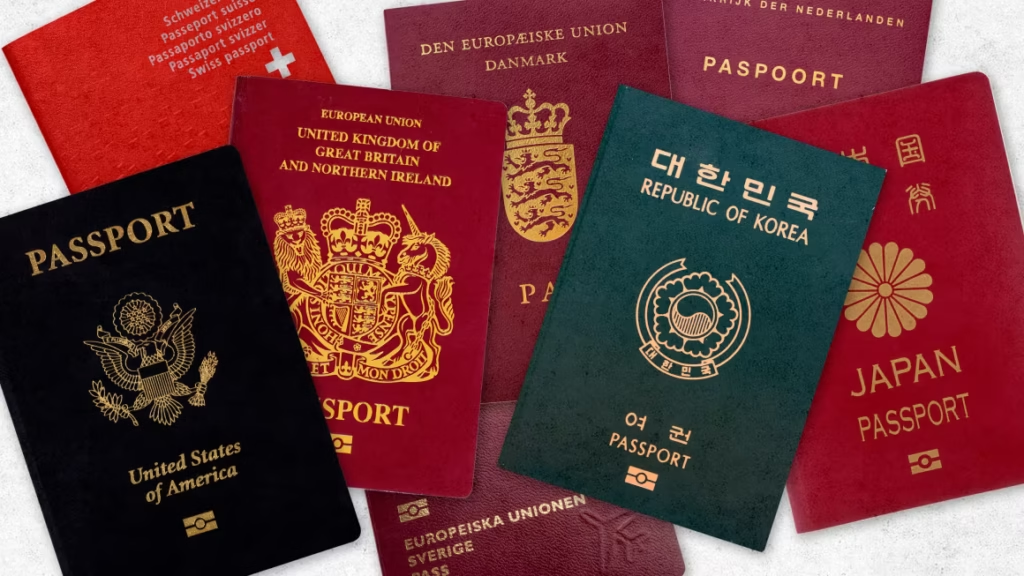
Effects and Reactions
- Surge in Dual Citizenship & Migration Applications: The decline in the US passport ranking is already having real-world consequences. Applications from U.S. nationals for dual citizenship and investor migration programs jumped 67% in 2025, building on a 60% increase in 2024. Moreover, legal scholars call this trend “the new American dream.”
- Mobility Inequality: While Americans enjoy visa-free access to 180 countries, the U.S. only allows visa-free access for 46 nationalities, a wide gap that places the country among the least open globally.
- Geopolitical Implications: The shift in passport power is more than symbolic, it signals a redistribution of soft power. As Asian nations leverage travel agreements as diplomatic tools, U.S. travel restrictions may now reflect deeper changes in global influence.
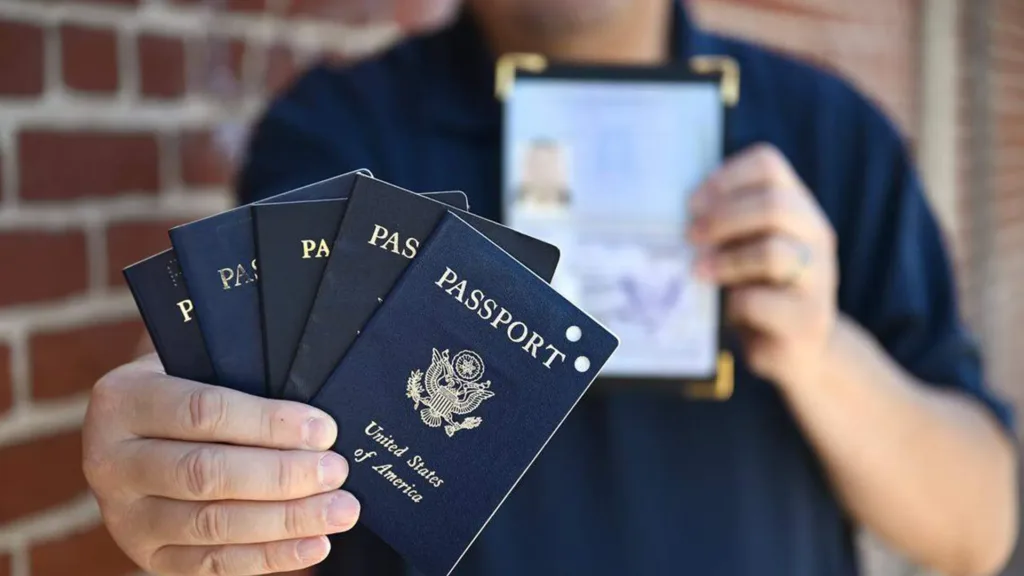
The Broader Trend: Travel Power in Flux
The US passport ranking dip is part of a larger trend where travel freedom increasingly aligns with diplomatic strategy, economic ties, and regional alignment, rather than just wealth or global status.
- Asian nations are consolidating their travel networks and also influence through liberal visa policies.
- Countries like China are forming alliances through travel incentives.
- The U.S. could see further erosion if reciprocal visa opportunities do not evolve.
Experts believe the United States’ slide may continue unless it revises its reciprocal visa policies and re-engages diplomatically. The global travel landscape is shifting rapidly toward regional integration and strategic alliances, areas where Asian nations currently excel.
In the long term, the US passport ranking may remain outside the top 10. However, it’s not because of lost prestige, but due to the country’s rigid entry requirements and lack of reciprocal openness.
Bottom Line
The fall of the US passport ranking from world No. 1 in 2014 to 12th in 2025 is more than a statistical drop. It highlights a reflection of shifting global influence.
As Asian economies strengthen diplomatic networks and open their borders, the United States faces growing isolation in terms of travel and diplomacy alike. For Americans, this decline could also mean longer visa processes and reduced mobility, unless U.S. policy adapts to a more open, cooperative global order.
Please join our Telegram Channel for the latest aviation updates.

